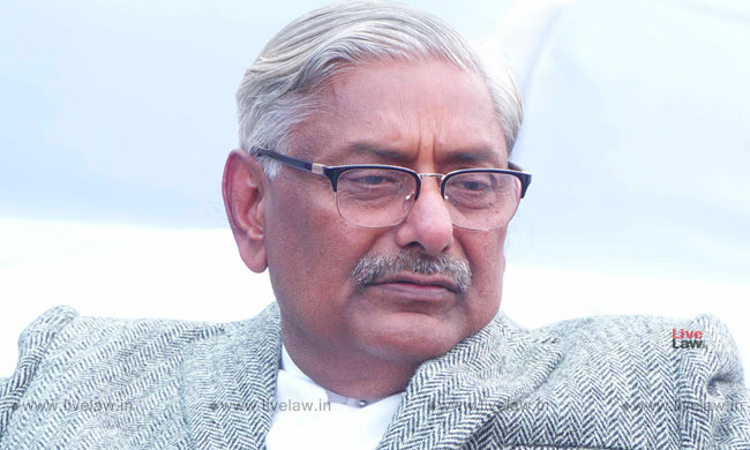Supreme Court bench comprising Justices Arun Mishra, Vineet Saran and S. Ravindra Bhat on Wednesday continued hearing regarding appointments of Civil Judges to the post of District Judges against the quota reserved for appointments directly from the Bar."They have carved out a separate category for bar members. The purpose was that the bar has better representatives than those appointed...

